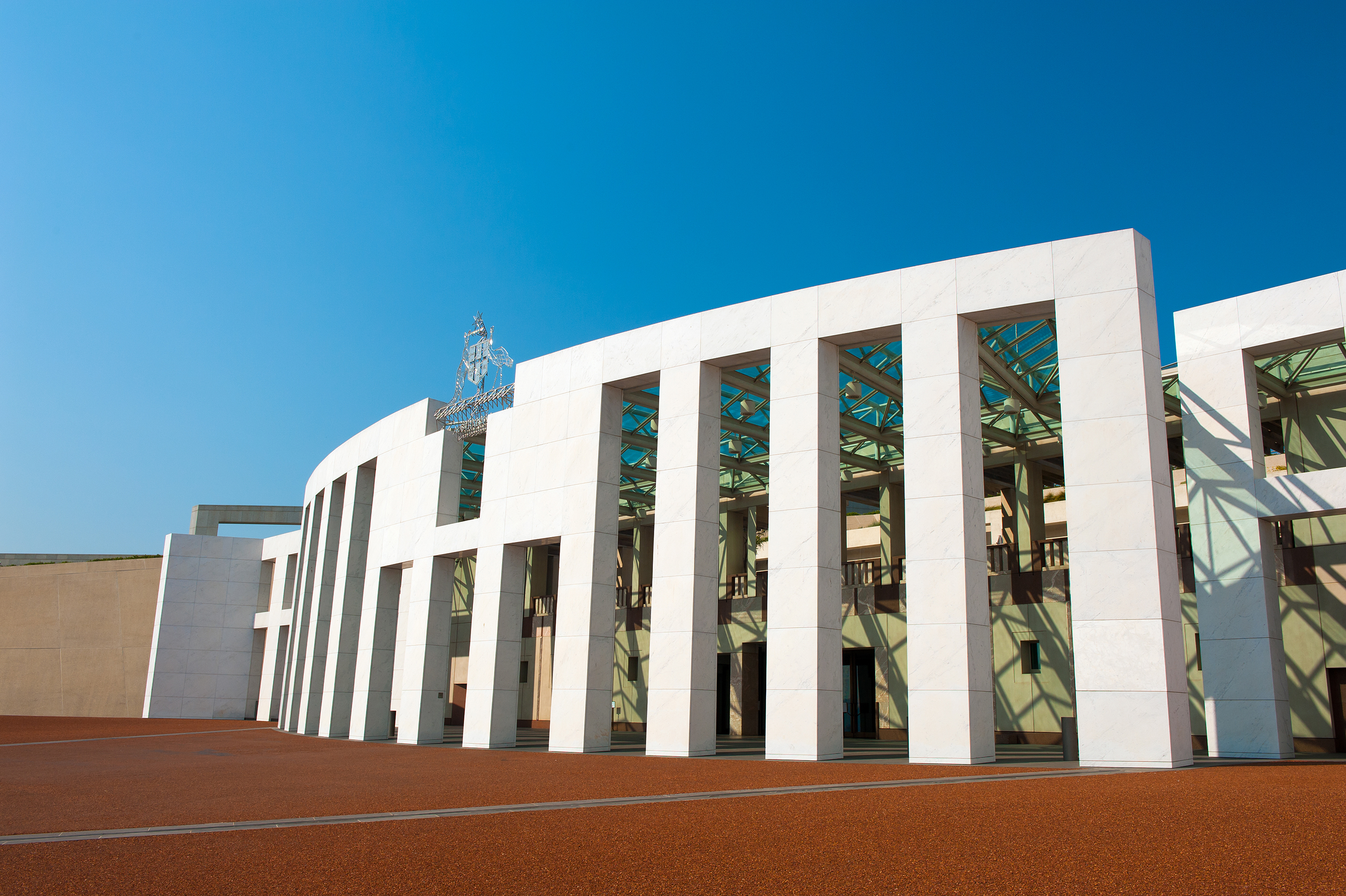
The Australian College of Rural and Remote Medicine’s (ACRRM) pre-budget submission calls for increased investment in rural generalism as a key strategy to improve access to healthcare services and better outcomes for rural, remote and First Nations communities.
The submission focuses on the following priorities:
-
Funding support to maintain and expand a strong and sustainable ACRRM Rural Generalist training pipeline.
-
Strengthen Medicare within the rural and remote context through funding to progress the design and eventual introduction of Rural Generalist specific MBS item numbers.
-
Support Rural Generalist training and generational transfer through increased funding to recognise the roles of Rural Generalists and rural general practice supervisors.
-
Extend the Rural Generalist training pipeline through funding to promote careers in rural medicine to remote, rural and regional secondary school students.
ACRRM President Dr Dan Halliday says there is evidence the number of doctors interested in a career in rural generalism is increasing, and now is the time to entrench and strengthen the financial and policy support for current and future Rural Generalists and for the College.
“ACRRM has attracted almost double the number of registrars than we have training places this year, demonstrating the College is offering an attractive career pathway which leads to the recruitment and retention of the right doctors in the right places with the right skills,” Dr Halliday says.
“The College exceeded numbers on the Australian General Practice Training (AGPT) program by 10 per cent, and the Rural Generalist Training Scheme (RGTS) by 90 per cent, to achieve a total intake of 350 registrars.
“To bolster our impact, we are requesting 500 funded training places across a single integrated pathway for the next five years.”
The College is also expecting the joint application for recognition of Rural Generalist Medicine as a specialist field within general practice to be determined by the Health Ministers’ Committee in 2024.
Dr Halliday says that if successful, recognition will provide a consistent and clear basis for MBS item numbers and industrial awards which recognise the distinct training, assessment and professional development associated with the Rural Generalist scope.
“This could significantly add to the attractiveness of a Rural Generalist career and appropriately recognise and remunerate the Rural Generalist training and skill set,” he says.
“We also call for the review and delivery of current and new MBS item numbers and/or other mechanisms which acknowledge the clinical consultant services provided by RGs and RG supervisors, with indexed loadings for rural and procedural practice supervision.
“This is in line with the approach of the Strengthening Medicare Taskforce Report which recommends how primary care is funded and delivered.
“And as we know that rural generalism is attractive to medical students who come from rural and remote areas, we seek to establish and implement an Australia-wide program to promote this highly valuable and exciting career to rural and regional secondary students to grow the RG pipeline.”
The College’s Pre-Budget submission is available to read on the ACRRM website here.

